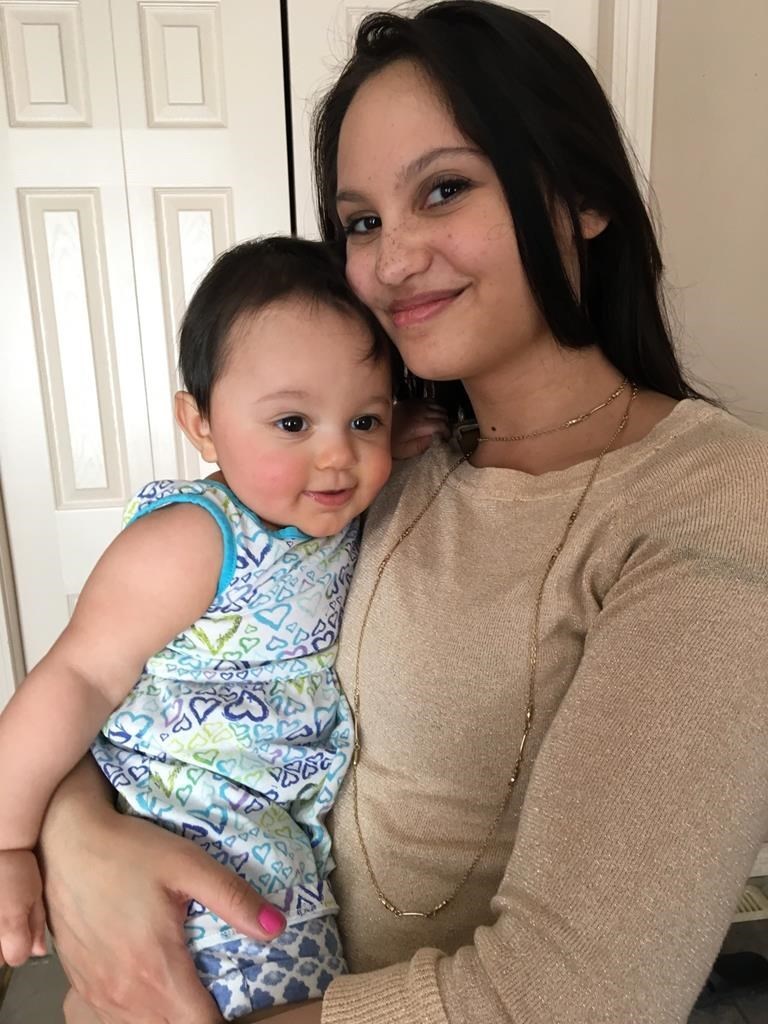CALGARY — A forensic pathologist says it's unlikely a toddler, found buried with her mother west of Calgary two years ago, died as a result of an accidental fall.
Deputy medical examiner Dr. Akmal Coetzee-Khan returned to the witness stand Wednesday at the trial of Robert Leeming.
Leeming, a 36-year-old British citizen, has pleaded guilty to second-degree murder in the death of his girlfriend, Jasmine Lovett, but not guilty to second-degree murder in the death of 22-month-old Aliyah Sanderson.
Lovett and her daughter were reported missing in April 2019. The next month, police found their bodies in a shallow grave at a day-use area in Kananaskis Country, west of Calgary.
Leeming told police at the time that he and Lovett had been in a relationship after meeting online in 2018. She and her daughter moved in with him a month later.
Coetzee-Khan testified earlier at the trial that Aliyah died of blunt force injuries to her head while Lovett suffered three skull fractures and was shot in the head.
On Wednesday, the doctor was asked if the child's head and face injuries could be explained by a fall.
"It's not impossible to have blunt force traumatic injuries from a single fall. It would be very unlikely," said Coetzee-Khan.
He noted that if the girl had fallen forward, there should have been injuries to her arms. And if she had fallen backward, there should have been injuries to her buttocks.
"On Aliyah, we don't see any of those types of injuries ... so it doesn't seem like there was a fall where her arms and legs were involved in the process."
During cross-examination, Leeming's lawyer, Balfour Der, suggested Aliyah's injuries could have been explained by a simple fall down some stairs.
"Could a tumble down stairs — plural, not just a single fall — cause these brain injuries and abrasions that you saw?" Der asked.
"Yes, it could cause the head injuries if we're only talking about that ... not taking into account the rest of the body," Coetzee-Khan replied.
"If we're talking about a tumble down the stairs, one would expect to see bruising or abrasions against the same surface to your arms and legs."
Coetzee-Khan said he ruled Aliyah's death a homicide for three reasons: her injuries, where her body was found and because nobody called 911 to get her help.
Der said there could be an "innocent explanation" as to why someone wouldn't call 911. He added there are a lot of unanswered questions in the girl's death.
"You cannot tell this court how these injuries to Aliyah Sanderson were caused. You can't eliminate a fall versus being thrown against a wall, for example?" Der said.
"I can't eliminate them," said Coetzee-Khan.
"I didn't think so. Thank you doctor," Der said.
This report by The Canadian Press was first published October 20, 2021.
Bill Graveland, The Canadian Press
Note to readers: This is a corrected story. A previous version said the doctor's testimony happened Tuesday.



